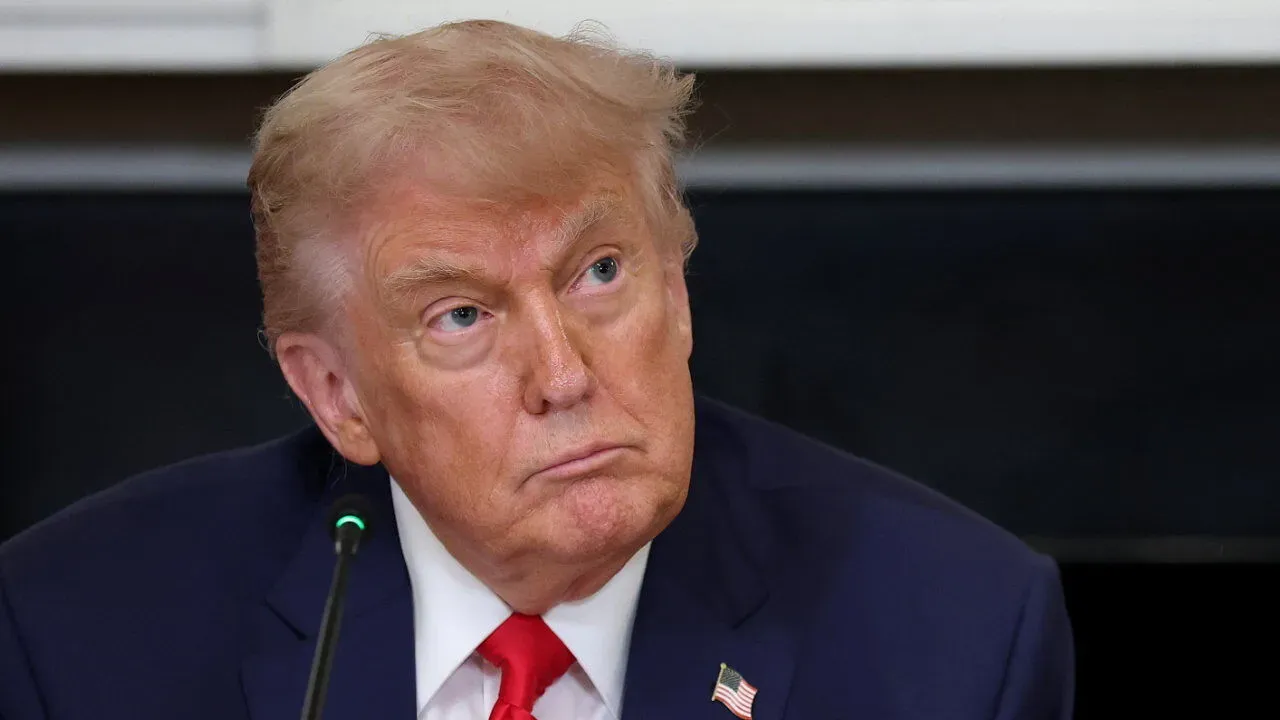Mounting tensions between the United States, Israel, and Iran have once again thrust the Iran nuclear deal into the global spotlight. President Donald Trump now finds himself at a decisive turning point: join Israel in a potential military strike against Iran’s nuclear facilities or pursue a diplomatic revival of the 2015 Joint Comprehensive Plan of Action (JCPOA).
The nuclear agreement, designed to limit Iran's enrichment capabilities and allow international inspections in exchange for sanctions relief, was a landmark deal during the Obama administration. However, Trump famously pulled the U.S. out of the pact in 2018, labeling it ineffective and overly lenient. That withdrawal marked the beginning of a sustained period of instability in U.S.-Iran relations.
In a recent escalation, Iranian officials issued a stern warning: any U.S. involvement in an Israeli-led attack would permanently derail diplomatic efforts. Their statement follows intensified American sanctions that have further strained Iran’s economy and deepened hostilities.
Israel, a longstanding opponent of the JCPOA, views Iran's nuclear ambitions as an existential threat. Prime Ministerial sources have made clear that military action remains on the table, with or without U.S. support. Israel’s pressure is a critical factor in Trump's deliberation, as the U.S.-Israel alliance remains a cornerstone of American Middle East policy.
The potential consequences of military involvement are grave. A joint U.S.-Israel strike could spark widespread conflict in the region, possibly drawing in countries like Saudi Arabia, Turkey, and the UAE. Conversely, leaning into diplomacy could be perceived as appeasement—especially by Iran’s hardliners and U.S. conservatives who have criticized the original deal as overly conciliatory.
Trump’s decision will not only shape the future of Iran’s nuclear trajectory but also define the legacy of his foreign policy. His past rhetoric has often favored confrontation over compromise, but the stakes of another Middle East conflict may force a recalibration.
As global powers and regional players brace for the outcome, Trump’s next move may determine the balance of peace and war in one of the world’s most volatile regions.

